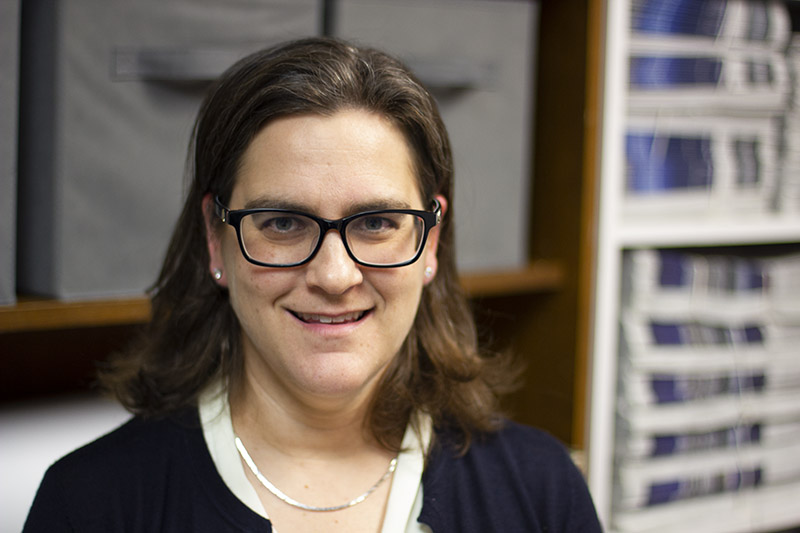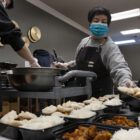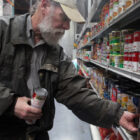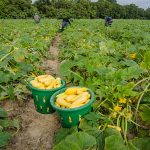The Trump administration has tightened a requirement that adults without disabilities and without dependent children must work at least 20 hours a week to access food stamps, a change expected to go into effect in April. Estimates suggest some 400,000 Californians would be impacted, which represents around 11 percent of those currently getting food stamps.
According to U.S. Agriculture Secretary Sonny Perdue, the rule is designed to encourage self sufficiency. But California and 13 other states have filed suit against the Trump administration to block the rule, claiming that the administration failed to follow the necessary steps to implement this kind of sweeping change.
On this edition of “Civic,” hear from Dr. Hilary Seligman, an associate professor of medicine at UCSF and director of the university’s National Clinician Scholars Program, which trains clinicians as change agents for improving health care. Seligman explains how food stamps impact public health and what the impending policy shift, along with other proposed changes, might mean for food-insecure households in San Francisco and the Bay Area.
“People are forced to make really tough choices about the quality of food that they buy and the quantity of food that they buy… And we know that food of lower quality predisposes people to, really, the epidemics of our day: Obesity, diabetes, high blood pressure, heart failure, etc.” — Hillary Seligman
A segment from our radio show, “Civic.” Listen daily at 8 a.m. and 6 p.m. on 102.5 FM in San Francisco.










